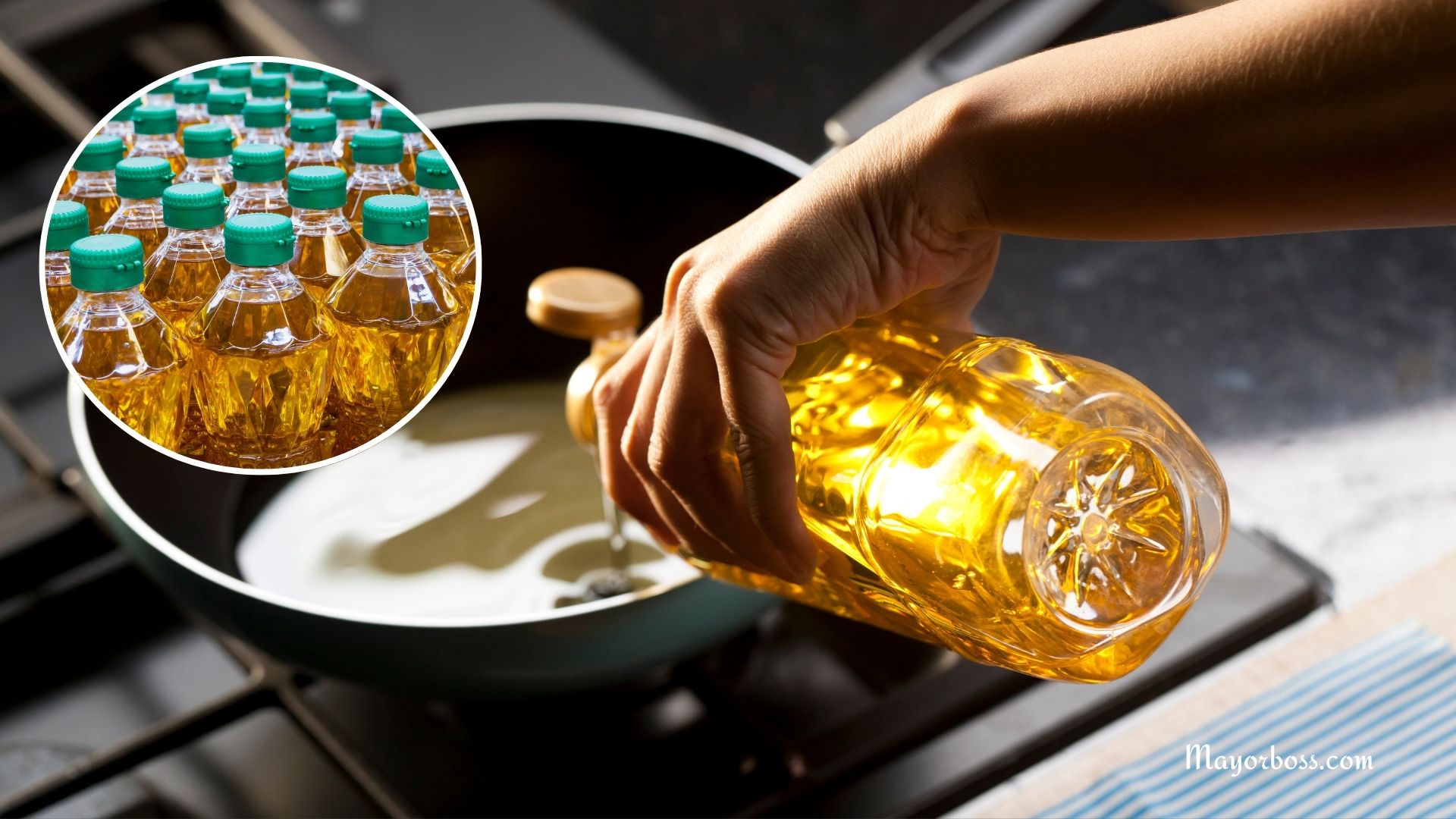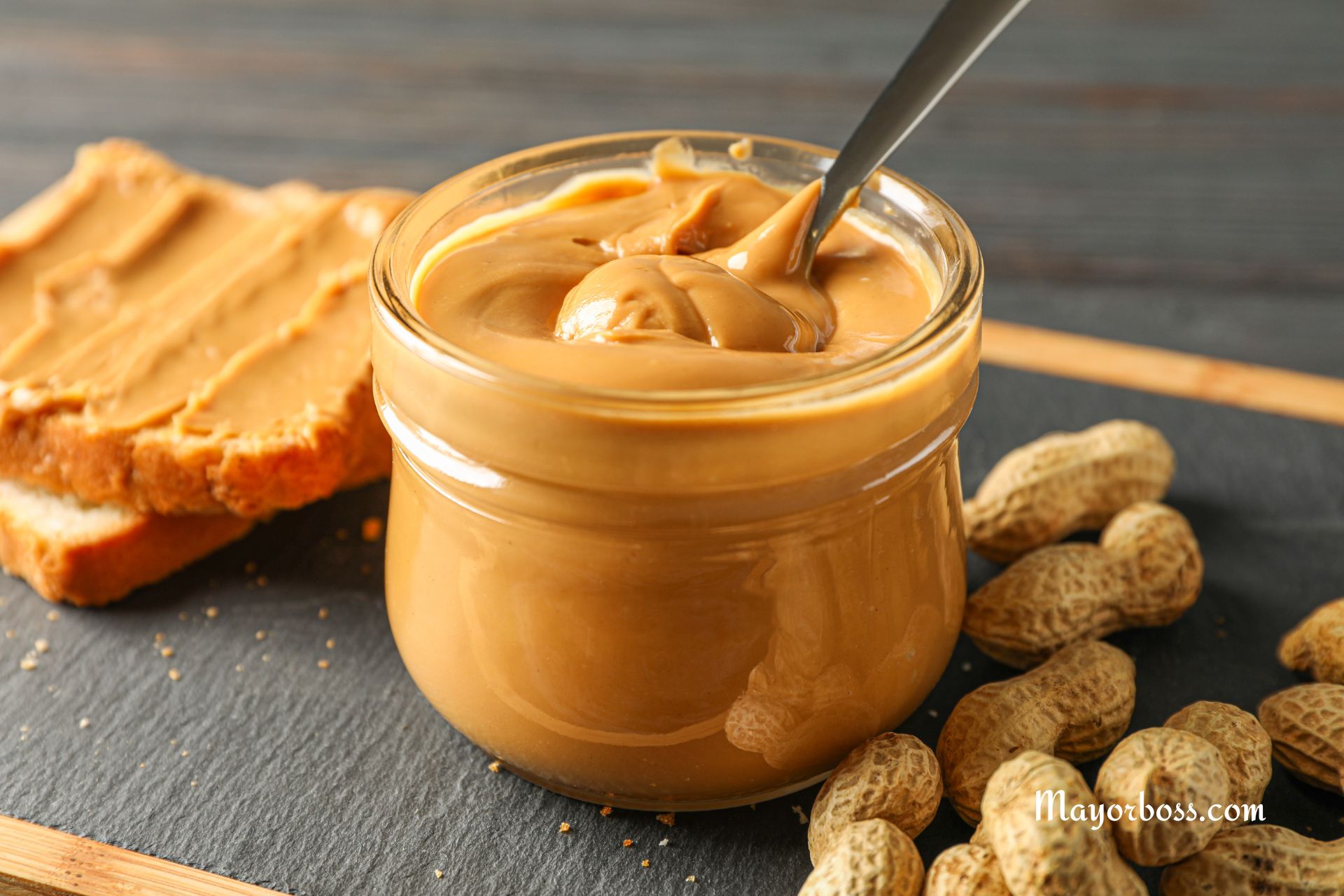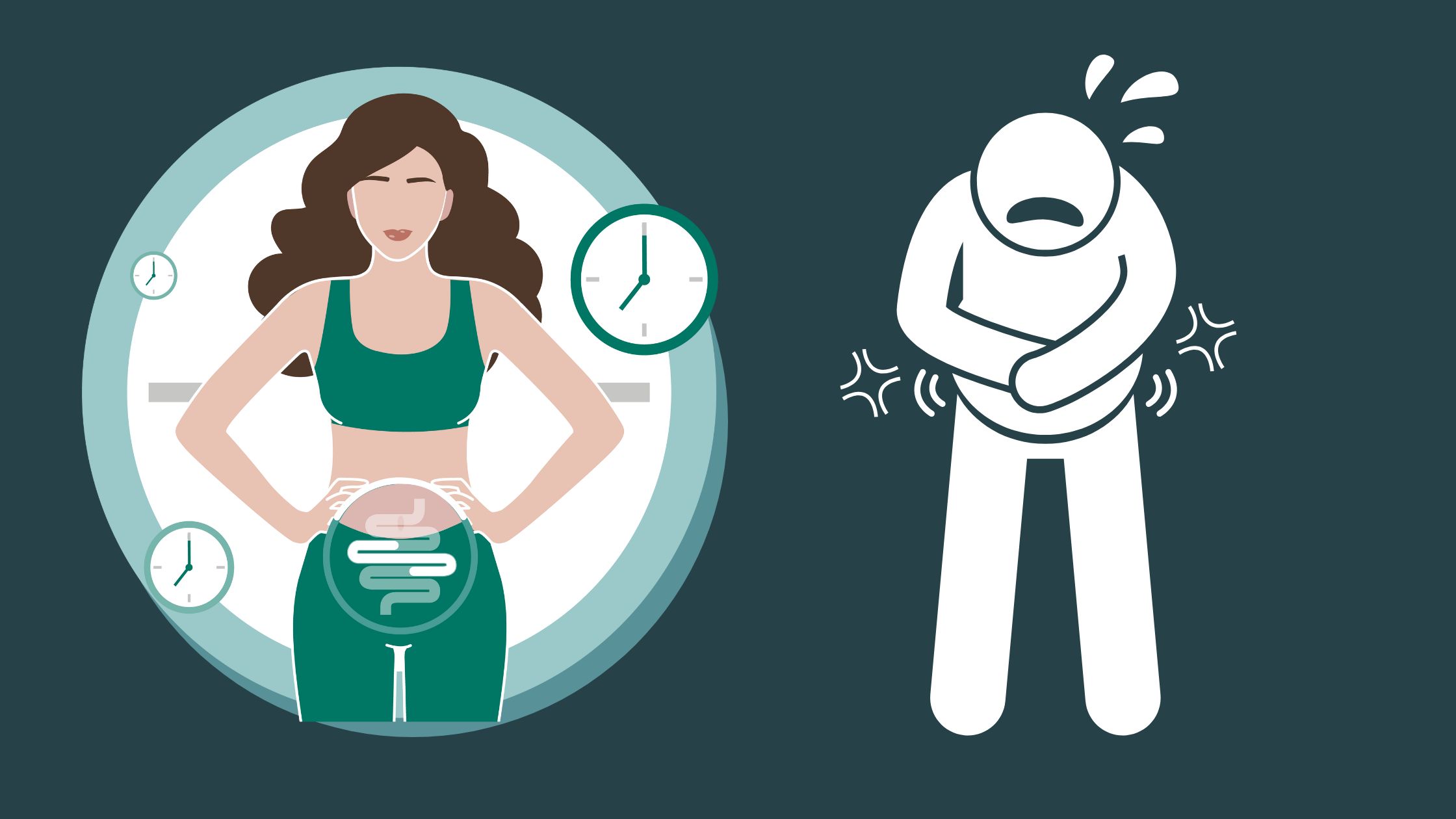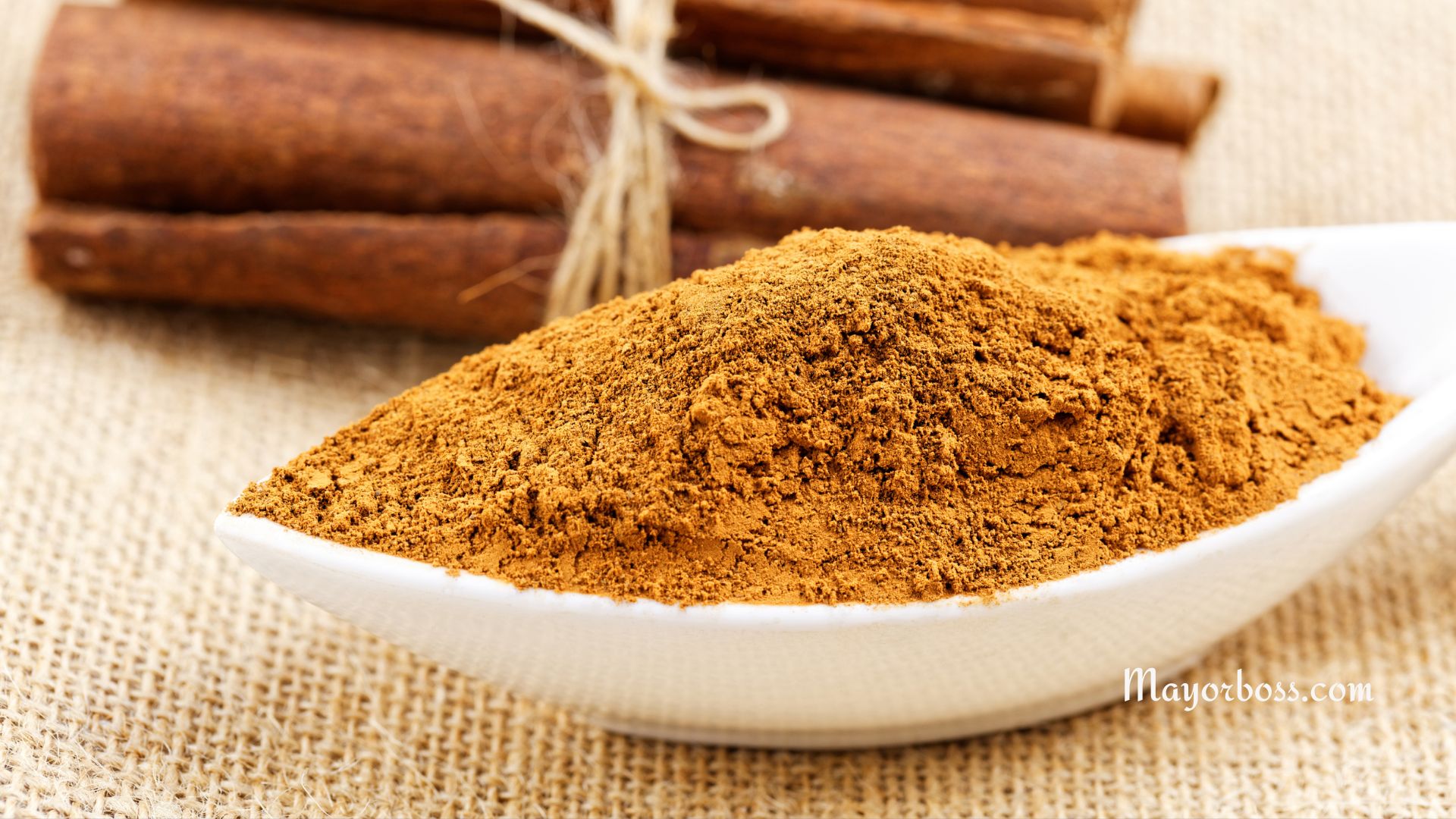What is an Antioxidant?
- Antioxidants are substances that can protect your cells from damage.
- They are found in many foods, including fruits, vegetables, nuts, and grains.
- You can also take them as a supplement.
Read on to learn more about antioxidants, including which foods are rich in these nutrients and what benefits they offer.
What is an antioxidant?
An antioxidant is a substance that can protect your cells from damage caused by free radicals. Free radicals are unstable molecules that your body produces when it breaks down food or is exposed to environmental pollutants, cigarette smoke, and radiation.
Why do we need antioxidants?
Your body needs antioxidants to help neutralize free radicals and prevent the damage they cause. Free radical damage can lead to chronic diseases such as heart disease, cancer, and arthritis.
Which foods are rich in antioxidants?
Some of the best sources include blueberries, blackberries, strawberries, raspberries, kale, spinach, Brussels sprouts, beets, red cabbage, onions, garlic, soybeans, kidney beans, Goji berries, black beans, lentils, oats, flaxseeds, wheat germ, tomatoes, carrots, sweet potatoes, pumpkin, red grapes, oranges, pink grapefruit, lemons, limes, watermelon, papaya, cantaloupe.
| Antioxidants | Food sources |
|---|---|
| Vitamin A | orange, liver, fish oil, strawberry, kiwi |
| Vitamin D | Swordfish, salmon, tuna, sardines, beef liver, egg |
| Vitamin E | red bell pepper, almonds, peanuts, sunflower seeds |
| Vitamin C | vegetables, fruits, berries |
| β-carotene | carrot, pumpkin, parsley, cantaloupe, sweet potatoes, broccoli, and winter squash |
| Zinc | liver, meat, crayfish, crabs, chicken, oysters |
| Copper | liver, crayfish, crabs, nuts, liver, dark chocolate |
| Selenium | Brazil nuts, shrimp, cod, cheddar, poultry, red meat, and eggs. |
| Flavonoids | green tea, onion, dark chocolate, red wine |
| Isoflavonoids | soy, tofu, lentils, peas |
| Indole | broccoli, Brussels sprouts, mustard, turnips, and rutabagas |
| Lignans | legumes, pumpkin seeds, whole grains (rye, oats, barley) |
| Anthocyanins | red cabbage, blueberries, eggplant, dark grapes, red wine, pomegranate, cranberries, |
| Lutein | spinach, cabbage, corn, zucchini, and pumpkin |
| Lycopene | tomatoes, pink grapefruit, and watermelon |
What are examples of antioxidants?
Some common examples of antioxidants include vitamins A, C, and E, beta-carotene, lutein, selenium, lycopene, zinc, zeaxanthin, and magnesium. You can also take supplements that contain these nutrients if you think you’re not getting enough from your diet alone.
What are the three most important antioxidants?
The three most important antioxidants are vitamins A, C, and E.
- Vitamin C is a water-soluble vitamin that helps keep your immune system strong and also aids in the absorption of iron.
- Vitamin E is a fat-soluble vitamin that helps protect your cells from damage.
- Vitamin A is also a fat-soluble vitamin that helps maintain healthy skin and eyesight.
Which antioxidant is best for the skin?
The best antioxidant for the skin is vitamin C. This nutrient helps with the production of collagen, which gives your skin its elasticity and firmness. It also protects your skin from damage caused by ultraviolet (UV) rays.
Do antioxidants make you look younger?
Some research suggests that antioxidant-rich diets may help reduce wrinkles and dry skin due partly to their anti-inflammatory effects. Additionally, vitamin C plays an important role in collagen production, which helps keep skin looking plump and smooth.
What is the most powerful antioxidant?
The most powerful antioxidant is glutathione which is found naturally in our bodies. Glutathione levels tend to decline with age so getting enough glutathione from foods is important for maintaining good health as we age. Some good sources of glutathione include avocado, broccoli sprouts, garlic, walnuts, and whey protein powder.
What drinks have antioxidants?
Some drinks that contain antioxidants include green tea, black tea, coffee, dark chocolate, pomegranate juice, orange juice, tomato juice, red wine, and white wine.
Do antioxidants have side effects?
Generally speaking, antioxidant supplements are considered safe for most people when taken in recommended doses. However, they may cause stomach upset, constipation or diarrhea in some people. It’s always best to speak with your doctor before taking any supplements.
Wrapping up
Antioxidants are important molecules that help to protect our cells from damage caused by free radicals. By eating foods high in antioxidants or taking supplements, you can help to keep your body healthy. However, it is always important to consult with a healthcare professional before taking any supplements. Thanks for reading!






